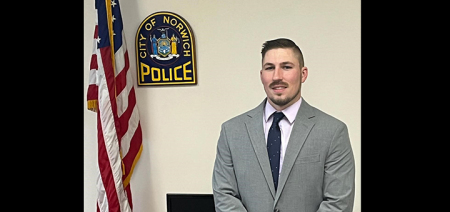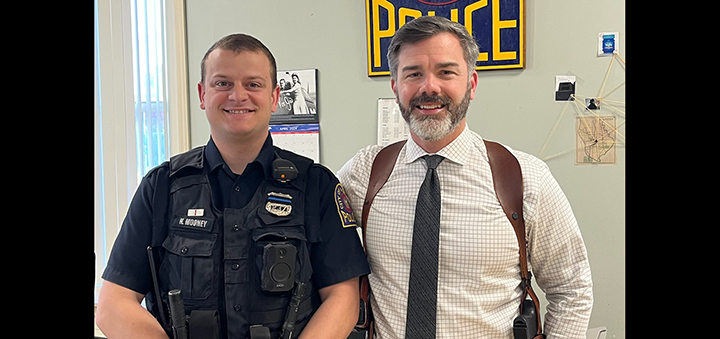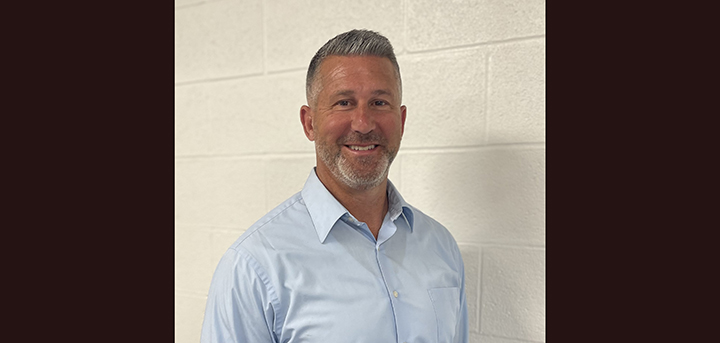Protecting Care For Our Most Vulnerable
Published:
October 7th, 2013
By:
Sen. James Seward
Earlier this year, I stood with my senate colleagues to block $120 million in cuts to programs that serve developmentally disabled New Yorkers. While our efforts during the 2013-1014 budget negotiations restored some of the funding, programs throughout our state were still in danger due to a $90 million budget shortfall --- threatening to diminish access to important services for thousands of developmentally disabled citizens across the state.
As families and service providers learned of the dire situation, correspondence to my office increased dramatically. Our most vulnerable were faced with the loss of services that truly make a difference in their daily lives. For those that aren’t quite sure what the New York State Office for People with Developmental Disabilities (OPWDD) does, here is a brief description from the agency’s website.
The New York State Office for People With Developmental Disabilities (OPWDD) is responsible for coordinating services for more than 126,000 New Yorkers with developmental disabilities, including intellectual disabilities, cerebral palsy, Down syndrome, autism spectrum disorders, and other neurological impairments. It provides services directly and through a network of approximately 700 nonprofit service providing agencies, with about 80 percent of services provided by the private nonprofits and 20 percent provided by state-run services.
Supports and services, which include Medicaid funded long-term care services such as habilitation and clinical services, as well as residential supports and services, are primarily provided in community settings across the state. Largely because of intensive treatment needs, about 1,200 people (down from approximately 30,000 in the 1970s) continue to reside in institutional settings such as developmental centers, secure facilities, and residential schools for children jointly operated by OPWDD and the New York State Education Department.
In addition to these Medicaid services, OPWDD also provides New York State-funded family support services, which are designed to assist families in providing care for their loved ones who live full-time in their family home, and employment supports, which include ongoing job coaching, job matching, and vocational training.
Based on that description, it is easy to understand why this issue generated so much input from concerned constituents. I met with individuals who would be personally hurt by these cuts. The pleas I heard were emotional and heart wrenching. I pledged to continue the fight.
As the legislative session drew to a close there were a number of outstanding issues, but few rose to the level of importance as the OPWDD funding shortfall. So before the final gavel fell on the 2013 legislative session, my colleagues and I adopted legislation protecting these life-altering programs. I am pleased that just a few days ago, Governor Cuomo echoed the support and signed the bill into law.
A working group established earlier this year, which included people with developmental disabilities, their family members, advocates and service providers, met with the commissioner of OPWDD several times. The group developed several new recommendations that achieve savings without impacting important disability-related programs. The plan includes the use of funds from Medicaid fraud recoveries, implementing less costly approaches to treatment, and ensuring that Medicaid is the payer of last resort. Under the new law, if these savings fall short of $90 million, state funds will now be used to make up the difference -- ensuring that funding to providers for services will not suffer any further reductions this fiscal year.
I fought to restore these cuts in the state budget earlier this year and am truly pleased that this new law will guarantee that developmentally disabled New Yorkers and their families will continue to receive the quality care and support that they depend on to make it through each day, while progressing toward long-term life goals.
Author: Sen. James Seward - More From This Author
Comments










